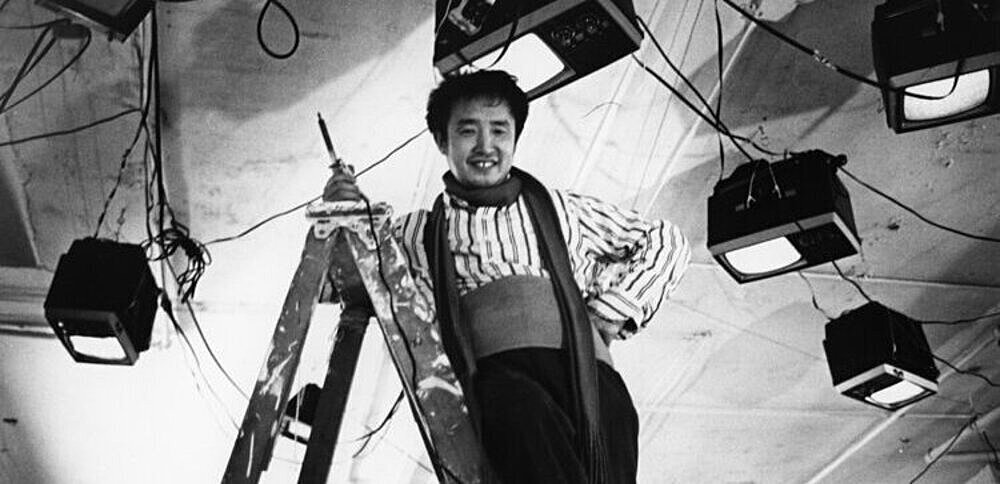By Dom Serafini
That South Korea’s TV content was becoming popular with the international TV community was evident 20 years ago when the room at the Century Plaza where the Korean general screenings were held during the L.A. Screenings was notably packed to the gills. Granted, the various Korean distributors who jointly arranged for the screenings offered refreshments after the showings, but the attraction remained their content.
Even though the South Koreans are not as marketing savvy as the Turks, it is possible that South Korean TV content could become the next international phenomenon.
Then came the South Korean content deluge. First came Gangnam Style, a music video posted on YouTube by Park Jae-sang (Psy to his millions of followers) in July 2012 that by December of the same year had reached one billion views. Two years later it boasted a whopping 2.1 billion views. By 2020, the tune reportedly caused housing prices in Gangnam, an area in the city of Seoul, to rise considerably.
After Psy’s success came Baby Shark Dance in 2016. This children’s song had seven billion views by 2020. Even though Baby Shark has multiple national origins (including the U.S. and Germany), South Korea’s Pinkfong, an educational entertainment brand owned by SmartStudy, is credited with popularizing it.
In 2017, TV network tvN broadcast Stranger, a South Korean crime thriller drama series that became an international success and was subsequently acquired by Netflix.
Also in 2017, ABC network broadcast The Good Doctor, a version of the 2013 South Korean series of the same name. The American version is now in its sixth season.
Then, in 2019 came the movie Parasite, which won the Cannes Film Festival’s Palme D’Or, and was the first South Korean film to win the Oscar for Best Picture. In the U.S. it also won the Golden Globe for Best Foreign Language Film, and in the U.K. it won the BAFTA Award for Best Film Not in English. The movie, produced with a budget of U.S. $15 million, grossed over $260 million in the international box office.
In 2021, a South Korea producer came up with Squid Game, a Netflix survival drama series that was watched in 94 countries by 140 million TVHH.
And in 2022, Apple TV streamed Pachinko, an American drama series created by South Korean Soo Hugh, and is based on the 2017 novel by South Korean author Min Jin Lee.
Now, for someone like this journalist, who in the late 70s was a fan of the famous South Korean-American video artist Nam June Paik (who died in 2006 at age 73), it seems as though South Korea’s audiovisual production has come a long way. Paik’s international upbringing also anticipated the current “Korean Wave.”
Paik, who was called “the Father of Video Art,” was born under a Japanese- dominated Korea, and later moved, first to Hong Kong, then to Japan, then West Germany, and finally to the U.S., settling first in New York City, and later, in Miami Beach, Florida.
Pictured above: Nam June Paik, precursor of the Korean Wave












Leave A Comment